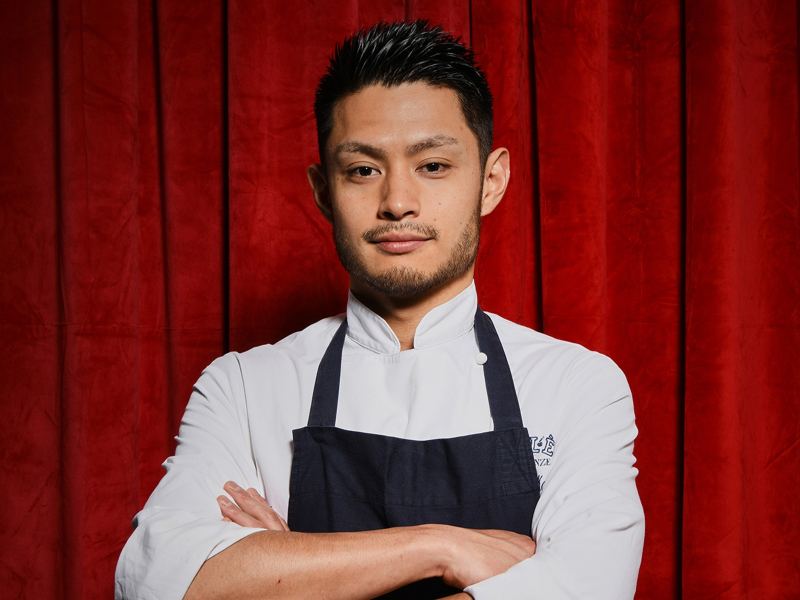CIBRÈO DIGITAL HUB
Culture
Masaru Kawai
 Nome
NomeMasaru Kawai Posizione
Resident Chef Ciblèo
Inizia a lavorare in cucina giovanissimo, appassionandosene sin da piccolo, e a soli 16 anni inizia la sua carriera nella ristorazione. Nasce nel 1997 nella parte più centrale del Giappone. Figlio d’arte, i nonni e il padre gestiscono un ristorante di cucina giapponese e sono proprio i nonni ad insegnargli le prime ricette tradizionali sin dalla giovanissima età quando già nasce in lui la voglia di diventare Chef.
Frequenta le scuole e contemporaneamente lavora con il padre nel suo ristorante dove impara l’arte della lavorazione della carne. Dopo la scuola alberghiera di Tokyo, inizia a cercare i ristoranti in città dove potesse trovare professionisti che avessero lavorato in Toscana o, meglio ancora, nella macelleria Cecchini, in ricordo del suo primo viaggio in Italia, proprio a Firenze, e del suo amore per le specialità di carne. Lo trova e ci lavora per due anni, specializzandosi ulteriormente nell’arte del taglio delle carni.
L’amore per l’Italia lo spinge a prendere la decisione di trasferirsi e sceglie proprio l’amata Firenze. Arriva con un visto studentesco e riprende a studiare mentre si mantiene in altri ristoranti cercando tra quelli meglio specializzati nella lavorazione e nelle specialità di carne.
Una sera, si ferma a mangiare al Cibreino e proprio qui trova un vecchio amico che gli propone di prendere il suo posto in cucina. Accetta subito ed inizia a lavorare sia per la cucina del Ristorante che della Trattoria, passando successivamente nelle cucine dell’allora appena nato Ciblèo. Sarà proprio il team degli chef giapponesi che, con la dissacrante ironia tipica di Cibrèo, darà il nome al locale.
Dopo due anni decide di fare altre esperienze spostandosi a Podere Belvedere, in Chianti, dove impara a lavorare la selvaggina e a fare le prime fermentazioni. Successivamente, si sposta frequentando le cucine di ristoranti stellati in varie parti d’Italia. A fine 2023 incontra nuovamente Giulio Picchi per puro caso. Con la voglia di un ritorno alle origini del suo lavoro in Italia e del suo amato Giappone, è oggi il Resident Chef del Ristorante Tosco-Orientale Ciblèo.